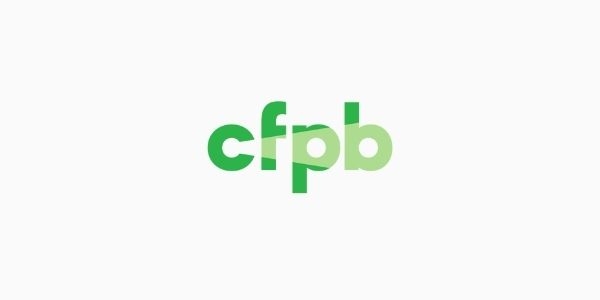
CFPB Invokes Dormant Authority To Examine Nonbank Companies

Bureau seeking comment on updated procedures
- The CFPB said it will invoke “a largely unused legal provision” to examine “nonbank financial companies that pose risks to consumers.”
- An unused portion of the Dodd-Frank Act of 2010 gives CFPB the authority to conduct “supervisory examinations” to review the books and records of regulated entities.
The Consumer Financial Protection Bureau (CFPB) wants to keep a closer eye on nonbank financial companies — including fintechs and nonbank mortgage lenders — and the agency believes it has found a way to do it.
The CFPB said it will invoke “a largely unused legal provision” to examine “nonbank financial companies that pose risks to consumers.” Using this dormant authority, the CFPB believes, will help it protect consumers and “level the playing field between banks and nonbanks,” the bureau said in a news release. The CFPB is also seeking public comments on a procedural rule to make this process more transparent, it said.
“Given the rapid growth of consumer offerings by nonbanks, the CFPB is now utilizing a dormant authority to hold nonbanks to the same standards that banks are held to,” CFPB Director Rohit Chopra said. “This authority gives us critical agility to move as quickly as the market, allowing us to conduct examinations of financial companies posing risks to consumers and stop harm before it spreads.”
Under the Dodd-Frank Wall Street Reform and Consumer Protection Act of 2010, the CFPB said, it has the authority to use traditional law enforcement to stop companies from engaging in conduct that poses a risk to consumers, which can involve adversarial litigation. An unused portion of the law, however, also gives CFPB the authority to conduct “supervisory examinations” to review the books and records of regulated entities.
CFPB examiners typically provide a report to entities with problems that need to be addressed, and responsible institutions typically take prompt corrective action, the bureau said.
For decades before the Dodd-Frank Act, only banks and credit unions were subject to federal supervision. Following the 2008 financial crisis, in which nonbank companies played a pivotal role, Congress tasked the CFPB with supervising certain nonbanks, in addition to large depository institutions with more than $10 billion in assets, and their service providers.
Nonbanks do not have a bank, thrift, or credit union charter; many today operate nationally and brand themselves as “fintechs,” the CFPB said.
Congress authorized several categories of entities subject to CFPB’s nonbank supervision program, including:
- All nonbank entities in the mortgage, private student loan, and payday loan industries, regardless of size.
- What the law calls “larger participants” in other nonbank markets for consumer financial products and services. The CFPB conducted rulemakings to define thresholds for entities subject to supervision in the markets of consumer reporting, debt collection, student loan servicing, international remittances, and auto loan servicing, and
- Nonbanks whose activities the CFPB has reasonable cause to determine pose a risk to consumers. “This authority is not specific to any particular consumer financial product or service,” it said.
While the CFPB did implement the provision through a procedural rule in 2013, the agency has now begun to invoke this authority. This will allow it "to be agile and supervise entities that may be fast-growing or are in markets outside the existing nonbank supervision program," it said.
Such risky conduct may involve, for example, potentially unfair, deceptive, or abusive acts or practices, or other acts or practices that potentially violate federal consumer financial law, the CFPB said. The bureau may base such reasonable cause determinations on complaints it collects, or on information from other sources, such as judicial opinions and administrative decisions. The CFPB may also learn of such risks through whistleblower complaints, state partners, federal partners, or news reports.
The CFPB also issued a procedural rule Monday to increase the transparency of the risk-determination process. Unlike other provisions of law regarding nonbank supervision, entities subject to supervision based on risk are given notice and an opportunity to respond.
In order to provide greater guidance to the marketplace on how the CFPB will make determinations, the bureau is updating an aspect of its procedures for risk determinations to authorize the release of certain information about any final determinations made. The company involved will have an opportunity to provide input to the CFPB on what information is released to the public.
Read the proposed procedural rule here.




